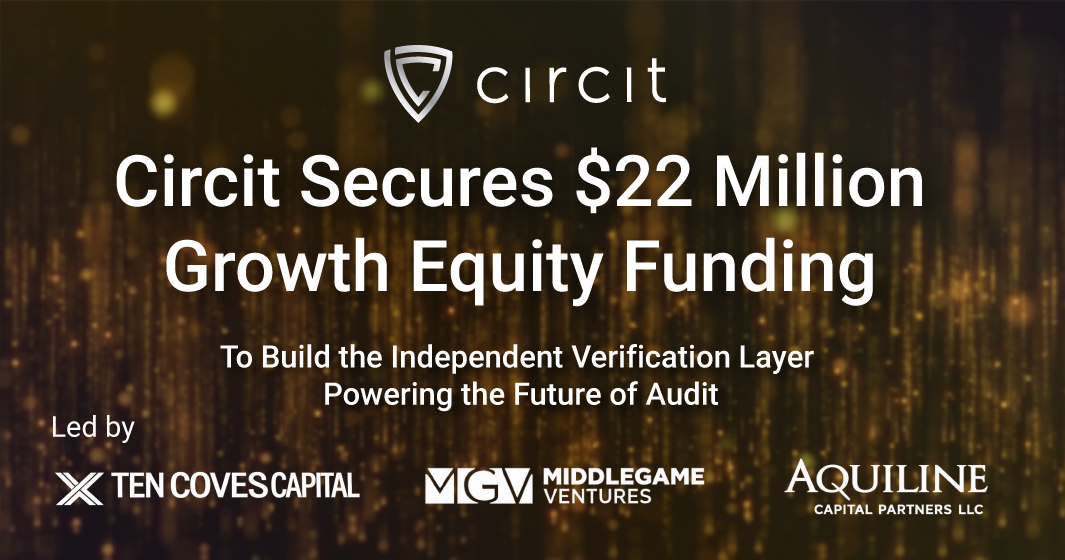With EY pumping $2.5bn into improving audit quality and fraud detection, Dudley Gould surveys the long-term prospects for audit technology across the profession.
Continuing scandals and regulatory sanctions such as Grant Thornton’s £2.3m fine for audit failings at Patisserie Valerie are turning the spotlight on high-profile corporate frauds that were missed detected by auditors.
Fraud in an audit environment is the ultimate expectation gap, according to the MHA network of accounting firms. The gap appears when the public expects more than what is actually required of auditors from their professional standards.
However, with some of the failings so obvious (for example EY not confirming bank balances correctly at Wirecard), it’s clear audit needs to do more.
The Bryon review highlighted the urgency of this issue, making a key recommendation for auditors to identify fraud and undertake education in forensic accounting and fraud detection. This suggestion fed through to updated ISA 240 standard that requires auditors to have “reasonable assurance” that accounts are not misstated due to fraud, effective for periods commencing on or after 15 December 2021.
Industry investment
Technology has a significant role to play in reducing audit fraud. Encouragingly, the Big Four have already committed to investments in this area, with wider use of Open Banking and blockchain technology both starting to reduce the instance of fraud too.
Perhaps prompted by the Wirecard experience, EY CEO Carmine De Sibio recently pledged to invest $2.5bn in new technology between 2022-24 as part of a broader $10bn programme to support training and fraud detection. The funding going into tech will provide further backing the firm’s Canvas audit platform, which incorporates AI and machine learning. De Sibio said that $2bn of the investment was intended to “impact audit quality.”
Back in 2019 KPMG announced plans to invest $5bn to increase its digital leadership in professional services. Some of these funds are being used to deploy cloud-based audits via KPMG’s Clara platform, which the firm said would help deliver “high-quality audits that consistently meet applicable professional standards.”
It’s encouraging to see Big Four firms backing tech innovation to solve audit failure, but as I pointed out in my column last month, there is also an opportunity for the government to encourage further take-up of audit technology, especially among medium-sized firms. This support could be offered through InnovateUK grants or by promoting industry cooperation through schemes similar to Open Banking For Good.
Open Banking matures
Open Banking is increasingly being used by auditors to obtain clients’ bank statements directly from their banks. These digital records ensure auditors are working with complete and accurate sets of transactions that have not been manipulated by clients.
Open Banking data can then be used to complete routine audit tasks such as revenue testing, confirming year-end balances and validating that bank transactions are genuine business expenses. All of these tests help mitigate the risk of fraud.
Auditors also benefit from increased efficiency, as the bank data they obtain is in the same user-friendly digital format, regardless of bank provider. This allows auditors to analyse risk on the full export of bank transactions. Cumulatively, global analysis gives auditors a better chance to detect fraud and enhance audit quality than if they relied on sampled data.
Blockchain
Blockchain technology is still in its infancy, but was flagged by ICAEW as a potentially “disruptive technology” for accountancy and audit professionals. The speed of blockchain adoption within audit is hard to predict, but two use cases immediately spring to mind.
First, in the same way auditors can use Open Banking to verify 100% of fiat transactions, the blockchain can be used to let auditors verify 100% of crypto payments instantly.
However, the second case which really excites me is the ability to leverage blockchain technology to verify underlying documents to support transactions. This has enormous potential to reduce fraud.
During assignments, auditors spend hours manually reconciling invoices to accounting transactions. Verifying invoices is even harder and normally requires confirmation from suppliers or customers related to them.
Request.Network is a relatively new blockchain project that demonstrates what is possible. The network is based on a shared ledger that lets users send and accept invoices. When the invoices are approved, they are securely stored on the blockchain so auditors can instantly verify that invoices are genuine. The digital invoices held on Request.Network can also be automatically reconciled to accounting systems in real time, further reducing the risk of fraud.
John Toon, senior manager at audit firm Beever & Struthers, predicts blockchain adoption as inevitable. “We now have our general ledger analytics coupled with Open Banking data wherever possible and are beginning to experiment with three-way transaction matching - accounting data, bank data and physical evidence such as invoices,” he said.
“Exceptions identified using this approach of matching GL to bank data can be an indicator of fraud or poor processes. With the advent of digital invoicing and blockchain technology, I’m hoping that the final step of matching verified invoices could be automated in the future.”
The race is on
Of course all the leading accounting firms, including EY, are working on blockchain projects but these have been mainly in their consulting practices and no mention has yet been made of audit applications.
Blockchain’s potential to reduce fraud is enormous, but it might take 5-10 years before it enters the mainstream of audit practice. Given that the Big Four have capital but lack speed and mid-tier firms are more agile but lack resources, it will be exciting to see which firms lead the way.














